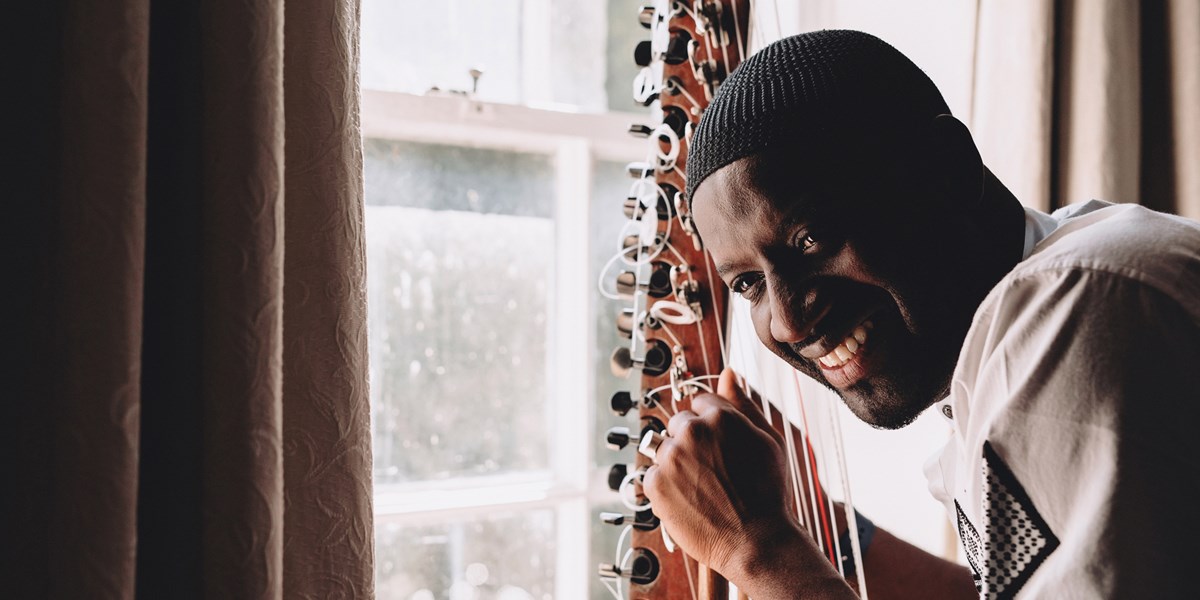Tuesday, September 14, 2021
Seckou Keita | A Beginner's Guide
The UK-based Senegalese kora player has made a name for himself as one of the foremost innovators operating in African music today. Nigel Williamson dives into his impressive career and marvels at his myriad works to date

Seckou Keita (photo: Elly Lucas)

Register now to continue reading

Thanks for visiting the Songlines website, your guide to an extraordinary world of music and culture. Sign up for a free account now to enjoy:
- Free access to 2 subscriber-only articles and album reviews every month
- Unlimited access to our news and awards pages
- Our regular email newsletters

